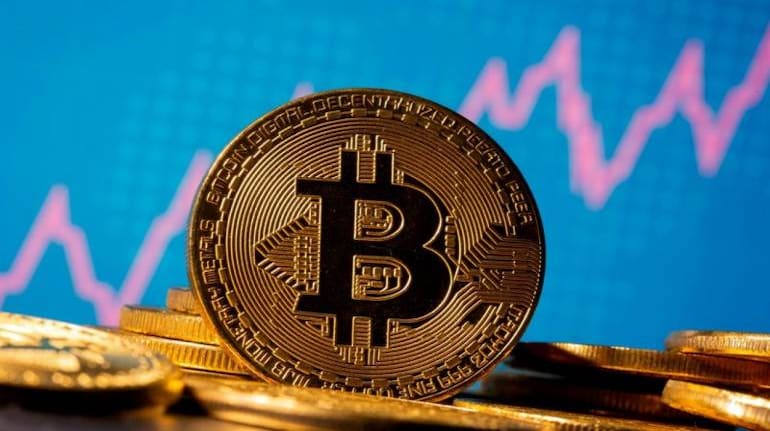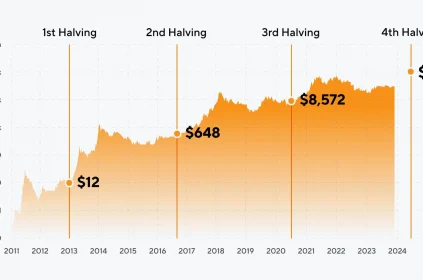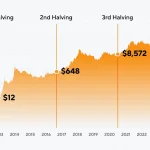One million addresses now hold more than 1 BTC ($26,800), according to data from Glassnode.
Most recently, the number of addresses with full BTC status picked up considerably at the end of February last year, when bitcoin was halfway through correcting after its record high.
Although the data carries some positive implications, it is important not to misread the same and get carried away as there are a lot of other factors that need to be considered here before predicting how the same could affect Bitcoin’s price.
New Bitcoin milestone
Implications
A wallet can be owned by a single person holding 1 BTC, but it could also be managed by an institution or controlled by an individual with multiple wallet addresses.
Experts Speak:
Dan Ashmore, head of research at Investoo Group, told Blockworks that holding a full bitcoin is equal to roughly half the median US salary.
So, while it’s now easier than it was back in late 2021, it could eventually be out of reach for many once again if high prices return.
“This is what we saw during the relentless bull market during the pandemic — a clear leveling off of the previous trajectory at which the number of addresses containing 1 bitcoin or more was growing,” Ashmore told Blockworks.
“As bitcoin fell in price last year, the previous upward trajectory in the growth of these addresses was resumed. I would not expect this pattern to change going forward.”
It’s worth noting that one bitcoin address doesn’t always represent one person, so this doesn’t necessarily mean one million people own 1 BTC. Certain individuals control multiple bitcoin addresses, while some addresses may belong to institutions or groups of people.
According to Ashmore, the 1 million milestone highlights how deeply Bitcoin has established itself in the mainstream realm in recent years.
Whales (and exchanges) among million full Bitcoin addresses
Despite the Bitcoin network’s inherent decentralization, the distribution of wealth is more concentrated than commonly assumed.
- Only 7% of the supply (1.356 million BTC, worth $36.4 billion) is distributed among the nearly 46.5 million addresses with at least some bitcoin — but less than one — per BitInfoCharts.
- The other 93% (18 million BTC, worth $482.7 billion) exists in the one million addresses that now own a full BTC.
- So, the addresses containing more than 1 BTC represent about 2.1% of all non-zero Bitcoin addresses.
It must be stressed that those stats are somewhat skewed considering how much BTC resides within crypto exchange addresses — which mostly represent aggregate user holdings.
CoinGlass shows 1.89 million BTC ($50.7 billion) sitting with crypto exchanges, about one in every 10 bitcoin in circulation, led by Binance, Coinbase and Bitfinex.
There’s also the 1.46 million BTC ($39.2 billion) that Glassnode considers “probably lost” forever, equal to 7.5% of all bitcoin in existence right now.
Still, Erik Saberski, vice president of data science at The Tie, pointed out that even distribution across financial systems leads to stability in associated asset classes.
Fewer holders, on the other hand, results in imbalanced buying and selling pressure, causing significant price fluctuations.
So, more people holding a full bitcoin could indicate increased price stability, reflecting bitcoin’s maturation.
“Because bitcoin is the flagship asset of the crypto economy, this signal of adoption seems to portend broader growth for the overall digital asset ecosystem,” Saberski told Blockworks.
“With this in mind, a measure for adoption does not necessarily suggest anything about the market in the short term. Indeed, adoption happens on a much slower timescale.”
Found this interesting? Share!


























 and then
and then